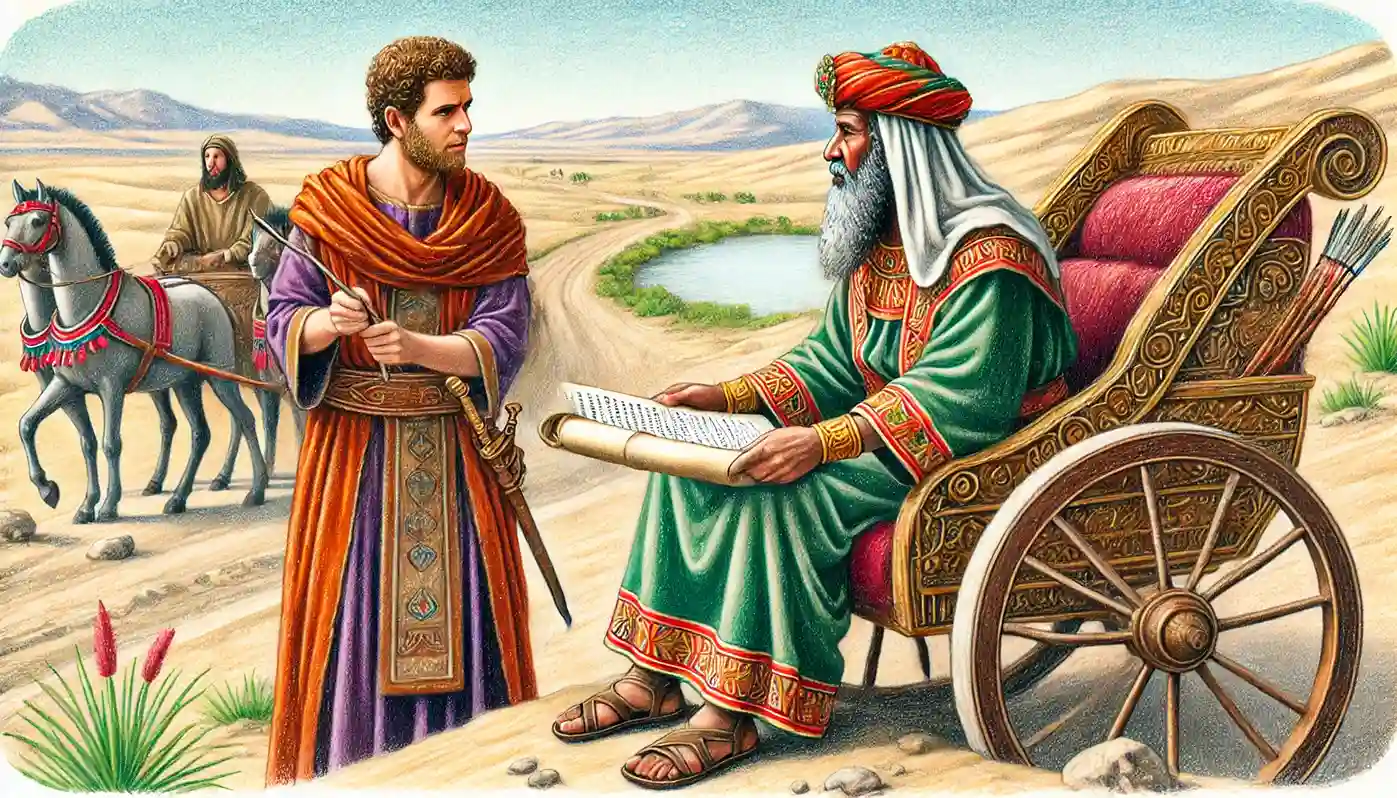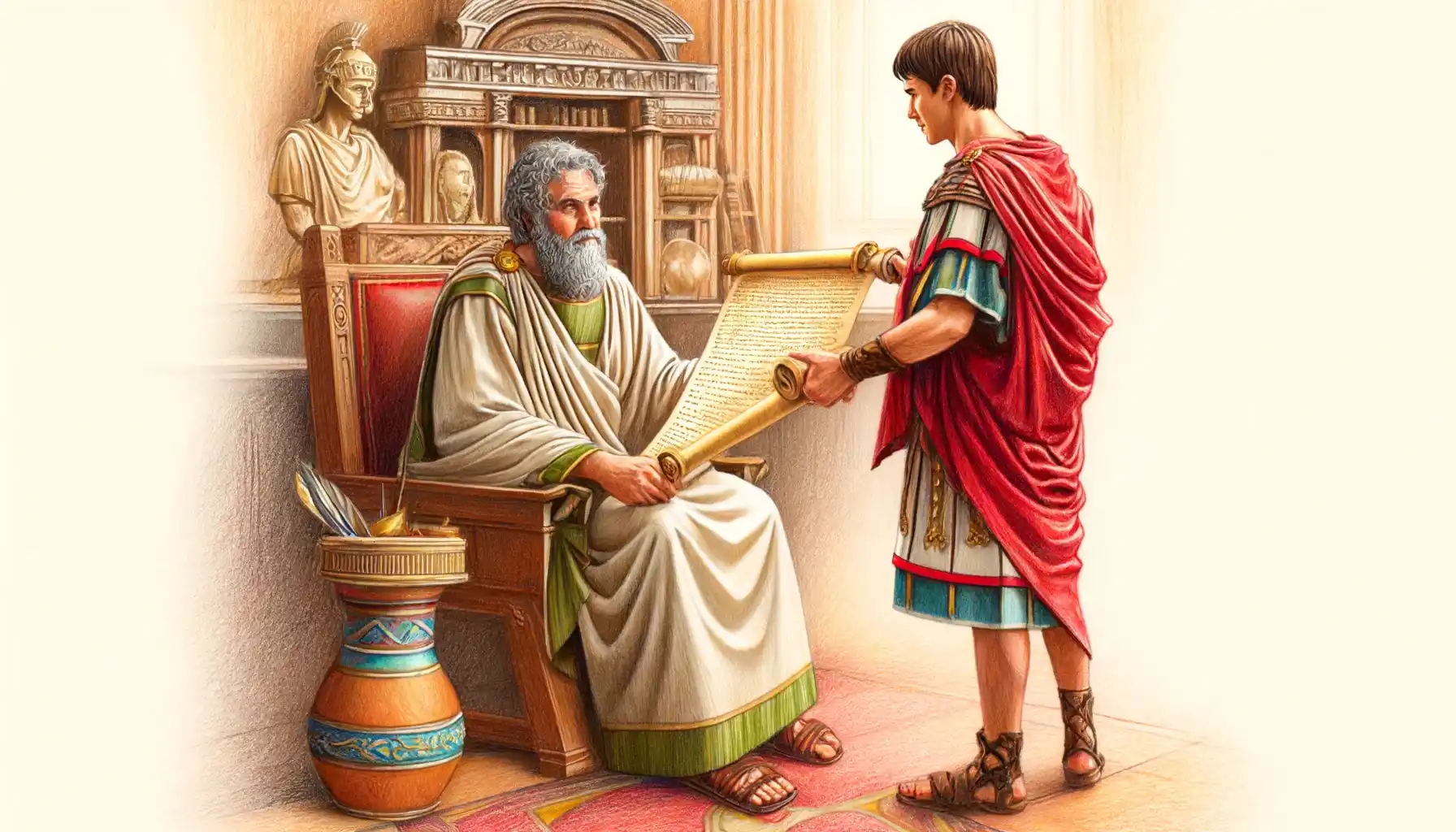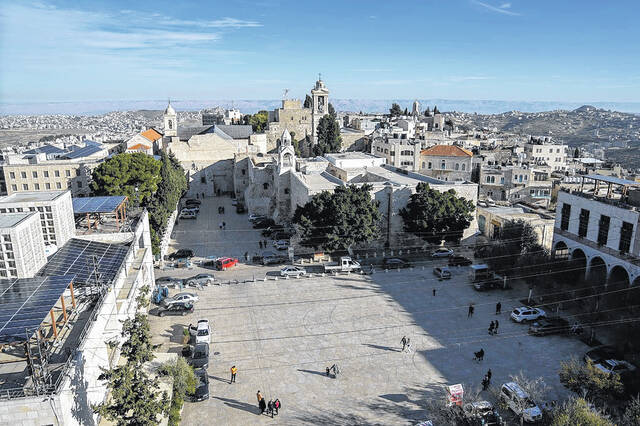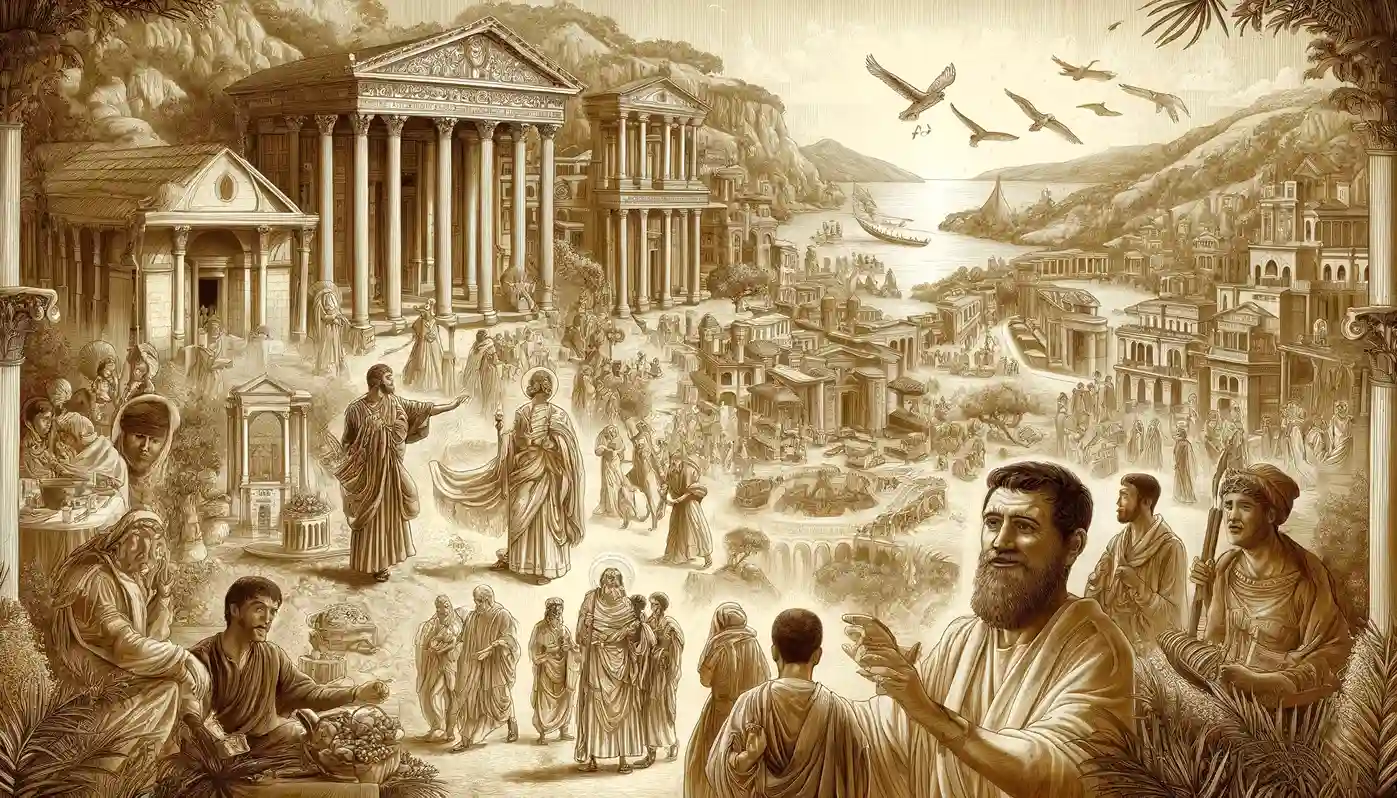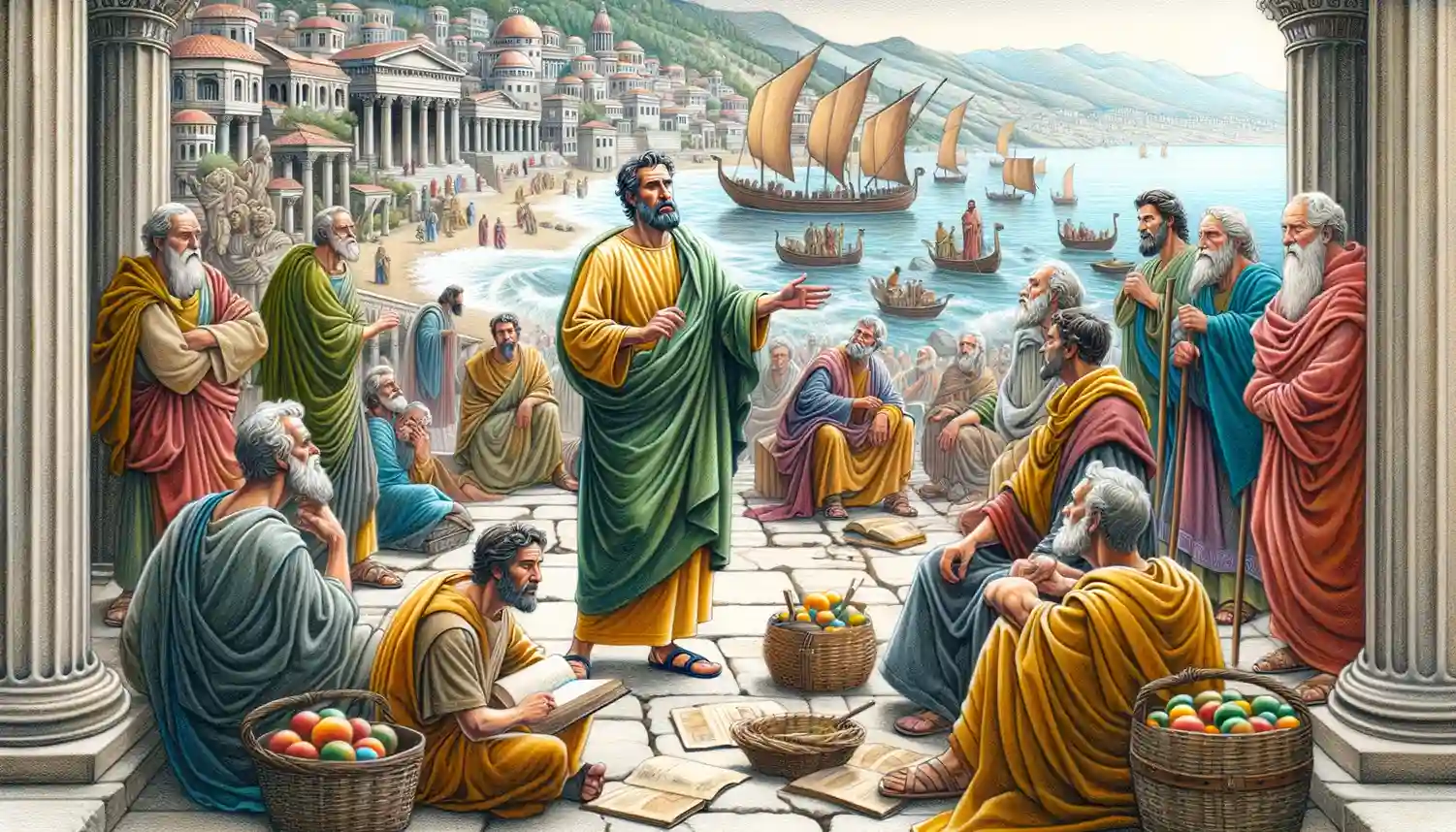Zechariah, a priest in the division of Abijah and husband to Elizabeth, was visited by the angel Gabriel who announced the birth of his son, John the Baptist; despite his initial doubt and subsequent muteness, Zechariah’s faith was affirmed, leading to his prophetic praise upon John’s birth.
Elizabeth, a descendant of Aaron and the wife of Zechariah, is notable for her righteousness and her miraculous conception of John the Baptist in her old age. Her story highlights themes of faith, divine intervention, and prophetic fulfillment.
Infertility in the Bible is depicted through the lives of Sarah, Rebekah, Rachel, Hannah, and Elizabeth, illustrating the profound faith and divine intervention that transformed their struggles into stories of hope and fulfillment.
Philip the Evangelist, guided by an angel, encountered an Ethiopian eunuch reading Isaiah on a desert road, explained the scripture’s significance regarding Jesus Christ, and baptized the eunuch, leading to his conversion and joy.
Theophilus, whose name means “Friend of God,” is the recipient of the Gospel of Luke and Acts of the Apostles, with Luke’s intent being to provide an orderly account to assure Theophilus of the teachings he has received, though his exact identity remains speculative.
Bethlehem, a small town in Judea, is renowned as the birthplace of Jesus Christ and King David, playing a crucial role in biblical history and Christian theology.
The Parable of the Talents, found in Matthew 25:14-30, teaches the importance of faithfully using and investing the resources God entrusts to us.
Paul’s missionary journeys, spanning from Antioch to cities like Ephesus, Philippi, Athens, and Corinth, were pivotal in the spread of Christianity, marked by his dedication to preaching the Gospel, performing miracles, and establishing strong early Christian communities despite numerous challenges and opposition.
Antioch, known as the “Cradle of Christianity,” was a pivotal city in early Christian history, serving as the first place where believers were called Christians, the launching point for Paul’s missionary journeys, and a key center for the inclusion of Gentiles in the faith, significantly shaping the spread and theological foundations of early Christianity.
Paul’s third missionary journey, accompanied by various disciples including Timothy and Luke, focused on strengthening and encouraging the early Christian communities he had previously established, as he traveled from Antioch through key locations such as Galatia, Phrygia, Ephesus, Macedonia, Greece, Troas, Miletus, and Jerusalem, preaching the Gospel, performing extraordinary miracles, facing opposition, and providing pastoral care, ultimately solidifying the foundation of the early church despite significant personal risk and challenges.




